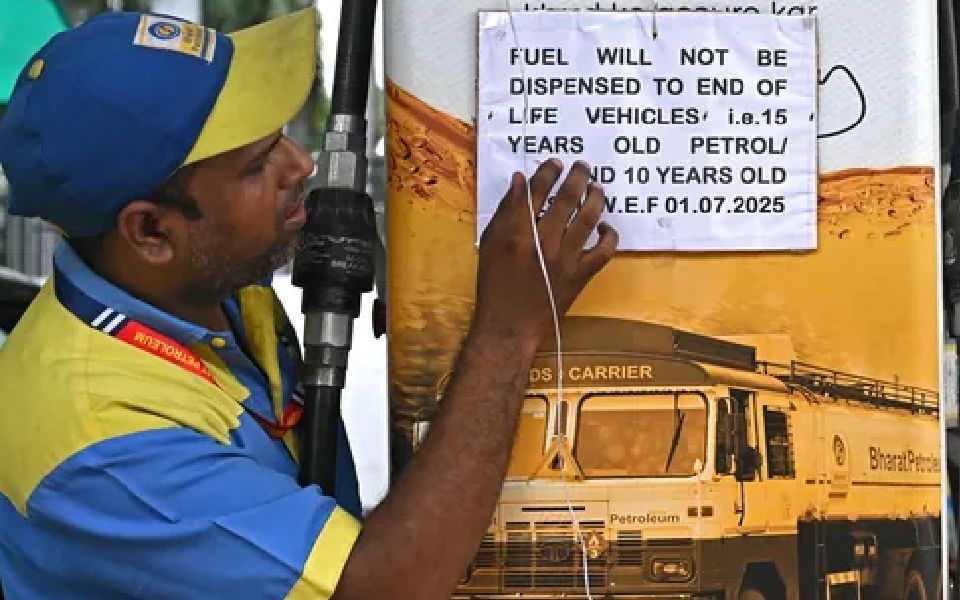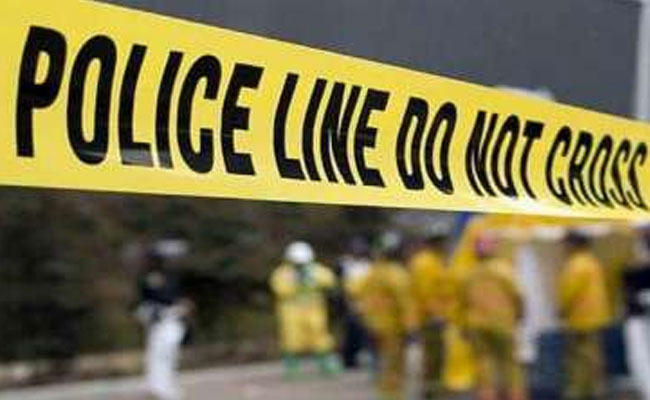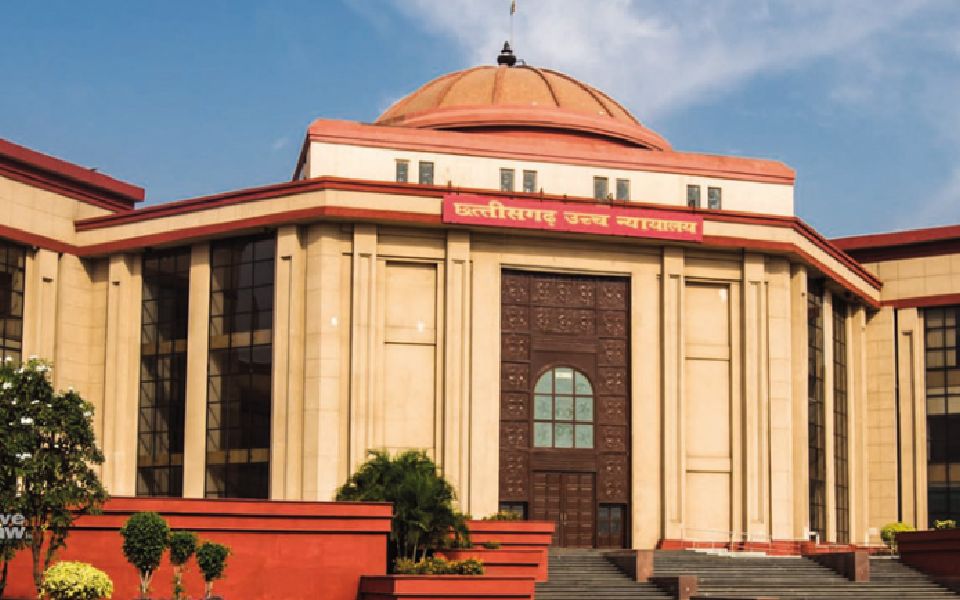New Delhi, Jul 3 (PTI): The Delhi government has written to the Commission for Air Quality Management (CAQM), arguing the fuel ban on overage vehicles is not feasible due to technological challenges and has requested the panel to put it on hold with immediate effect.
Addressing a press conference here, Delhi Environment minister Manjinder Singh Sirsa on Thursday said that there was discontent among people due to the move and the government stood with them.
Sirsa also said the Delhi government is trying to find out a solution to the ban on end of life vehicles (EOL) including 10-year and older diesel and 15-year-old petrol vehicles.
"We are trying to ensure that the vehicles are not banned according to their age rather on the basis of pollution caused by them," Sirsa said.
The minister citing various challenges and problems faced in implementing the ban on refuelling of overage vehicles since July 1, said, "We have told CAQM that we are not able to implement this."
The Delhi government from July 1, banned fuel for end-of-life vehicles -- 10 years or older for diesel vehicles and 15 years or older for petrol vehicles -- that are deregistered and not allowed to ply on the roads, following a court order.
In his letter to the CAQM chairperson, Sirsa also suggested that fuel ban on overage vehicles should be implemented across the National Capital Region (NCR).
The transport department and traffic police since July 1 have been impounding end-of-life vehicles (ELVs) stopping at fuel pumps.
Sirsa, writing to the CAQM on the behalf of the Delhi government, urged the Commission to put on hold enforcement of its April 23 direction.
As far as the implementation of fuel ban, there are several critical operational and infrastructural challenges, and it will not be "feasible to implement this order at this juncture," Sirsa said in his letter.
The move could even be potentially counterproductive, he said.
"Because of the technological inconsistencies of this extremely complex system and lack of integration with neighbouring states, there is public discontent and outcry and in the said circumstances, it is not feasible to implement this system to end of life vehicles identified through ANPR cameras installed at Petrol pumps in Delhi," said the minister.
He said that the automated number plate recognition (ANPR) cameras have been installed at most of the fuel stations, but the system is facing problems like technological glitches, camera placement, sensor and speaker malfunction, which prevent identification of the overage vehicles without high security registration plates.
Moreover, the system is also not yet fully integrated with the databases of neighbouring NCR states. These issues require proper trial and error corrections before the same can be implemented in Delhi, Sirsa said.
The minister said the ban in Delhi will not serve its purpose as owners of overage vehicles may get fuel from NCR cities like Gurugram, Faridabad, and Ghaziabad, where there's no such imposition.
The ANPR camera system is also not implemented in the neighbouring states which will again be an issue when the fuel ban is implemented there.
The minister in his letter listed several steps taken by the Delhi government to combat air pollution, including implementation of a new pollution under control (PUC) certificate regime to ensure stricter compliance, particularly for out of state vehicles
The government is also trying to create a system which sends an SMS to the owners of overage vehicles 2-3 months ahead to plan a phase-out.
"We strongly urge the Commission to put the implementation of its direction on hold with immediate effect till the ANPR system is seamlessly integrated across the entire NCR," he said.
Sirsa also blamed the previous AAP government in Delhi for enforcing the overage vehicle ban instead of challenging it before the court and the National Green Tribunal.
Let the Truth be known. If you read VB and like VB, please be a VB Supporter and Help us deliver the Truth to one and all.
Palakkad (PTI): Explosives found outside a school compound in Vadakanthara in this district on Wednesday were confirmed to be of a dangerous nature, according to the First Information Report (FIR).
The explosives were found on Wednesday evening when a student threw one of the devices--which are suspected to be used for eliminating wild boar--resulting in an explosion, causing minor injuries to both himself and an elderly woman nearby, police said.
The FIR states that Narayanan, a 10-year-old student, discovered the explosives near the gate of the Vyasa Vidhya Peedom pre-primary school compound in Vadakanthara at around 3.45 pm.
Excited over the discovery, he threw one of the explosives to the ground, which then exploded with a loud sound, injuring himself and 84-year-old Leela, who was standing nearby.
School authorities and residents rushed to the scene and called the police who searched the place and found four more explosives in a bucket.
The injured were taken to the hospital, and their condition is stable, said police sources.
Palakkad North police have registered a case under section 3(a) (causing an explosion that is likely to endanger life), section 4(a) (keeping explosives with an intention to endanger life and property) of the Explosive Substance Act, and section 75 of the Juvenile Justice (Care and Protection of Children) Act that deals with cruelty to children.
The FIR of the case stated that explosives were of a dangerous nature and were kept at the place to endanger human life.
A team led by a DySP-ranked officer is investigating the case.
According to police, CCTV cameras in the area have been recovered as part of the investigation, and attempts are being made to identify people who kept explosives near the school compound.
BJP district leaders alleged a major conspiracy behind the incident and demanded a thorough probe.
CPI(M) leaders alleged that the school management is affiliated with RSS, and there is training given to volunteers in the area.
Congress has also called for a detailed probe into the incident.




